Directory
Directory of Iowa Global Health Network professionals
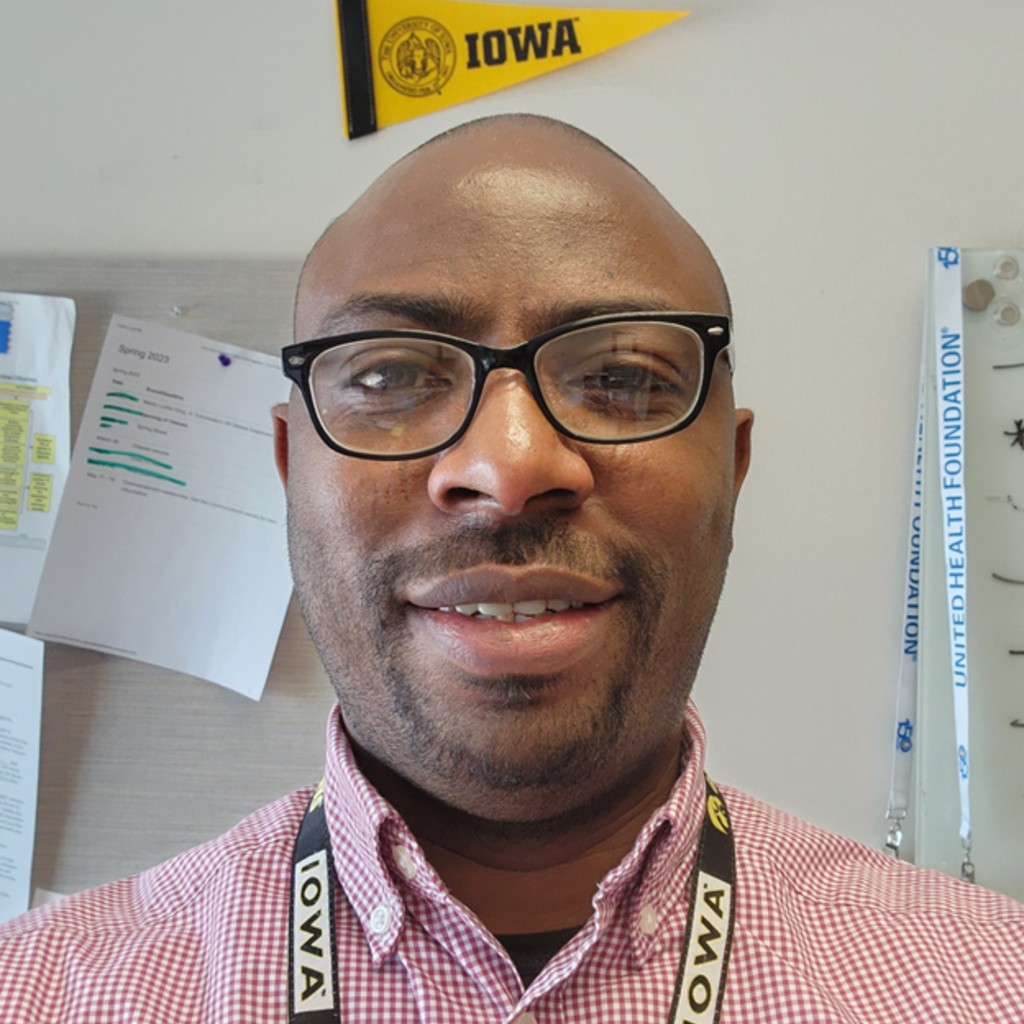
Oluwafemi Adeagbo
Oluwafemi Adeagbo Ph. D is an Assistant Professor in the Department of Community and Behavioral Health at the University of Iowa. He is an applied social scientist with extensive research experience working collaboratively with local and international institutions on HIV-related research in the United States, South Africa, Nigeria, and Zambia. The guiding principle of his research is to reduce the adverse health and social impact of diseases while advancing population health, especially in resource-constrained settings.
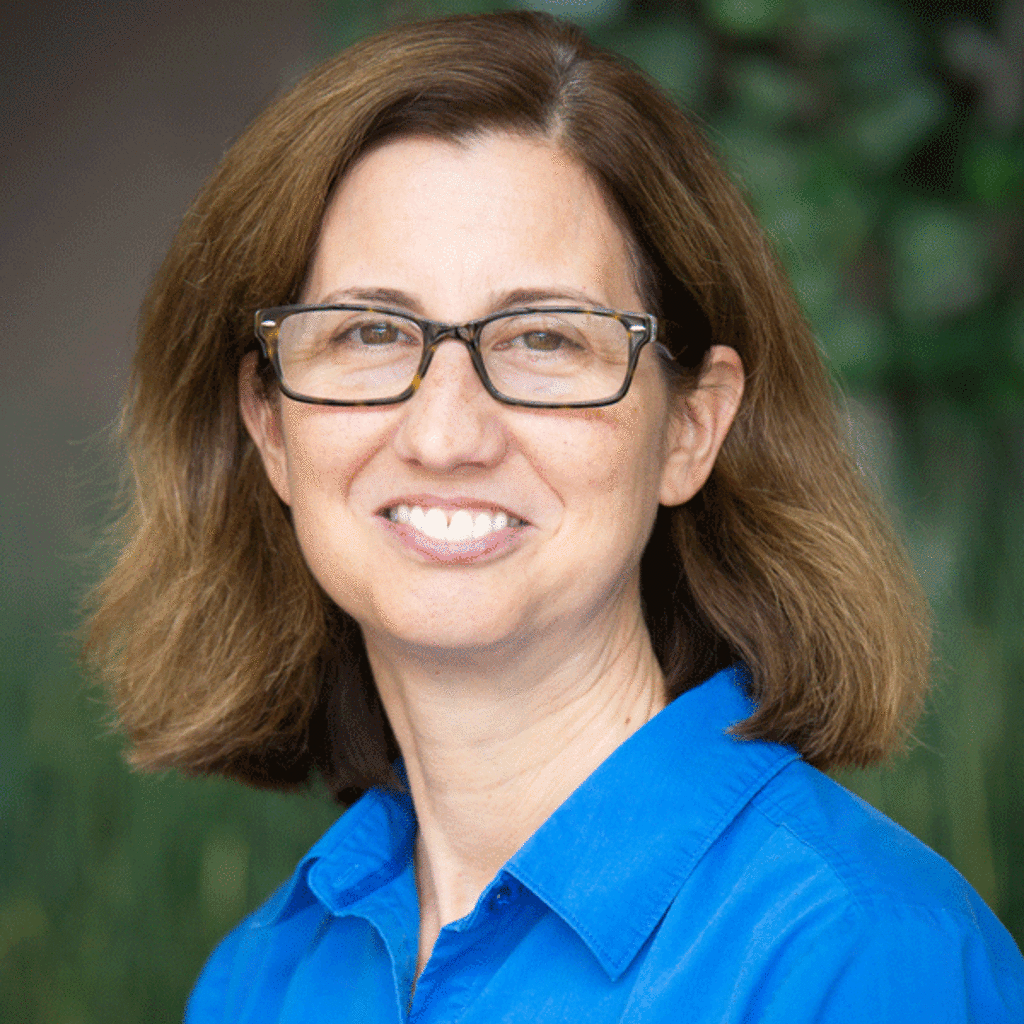
Rima Afifi
Dr. Afifi engages in public health research and practice with intent to promote social, community, and policy environments conducive to wellbeing. Whenever possible, she uses methods of Community Based Participatory Research; applies an ecological lens to the understanding of the issues; engages multiple disciplines to widen the perspectives on any topic; and emphasizes knowledge transfer of research to practice and policy. She is specifically interested in intervention and implementation science. Most of Rima’s research and practice has centered on adolescent and youth health and wellbeing; and on the Arab world. This has infused her research and practice with critical reflections on the impact of global politics, economics, trade; and of war, conflict and contexts of uncertainty; as well as the power of youth agency and voice.
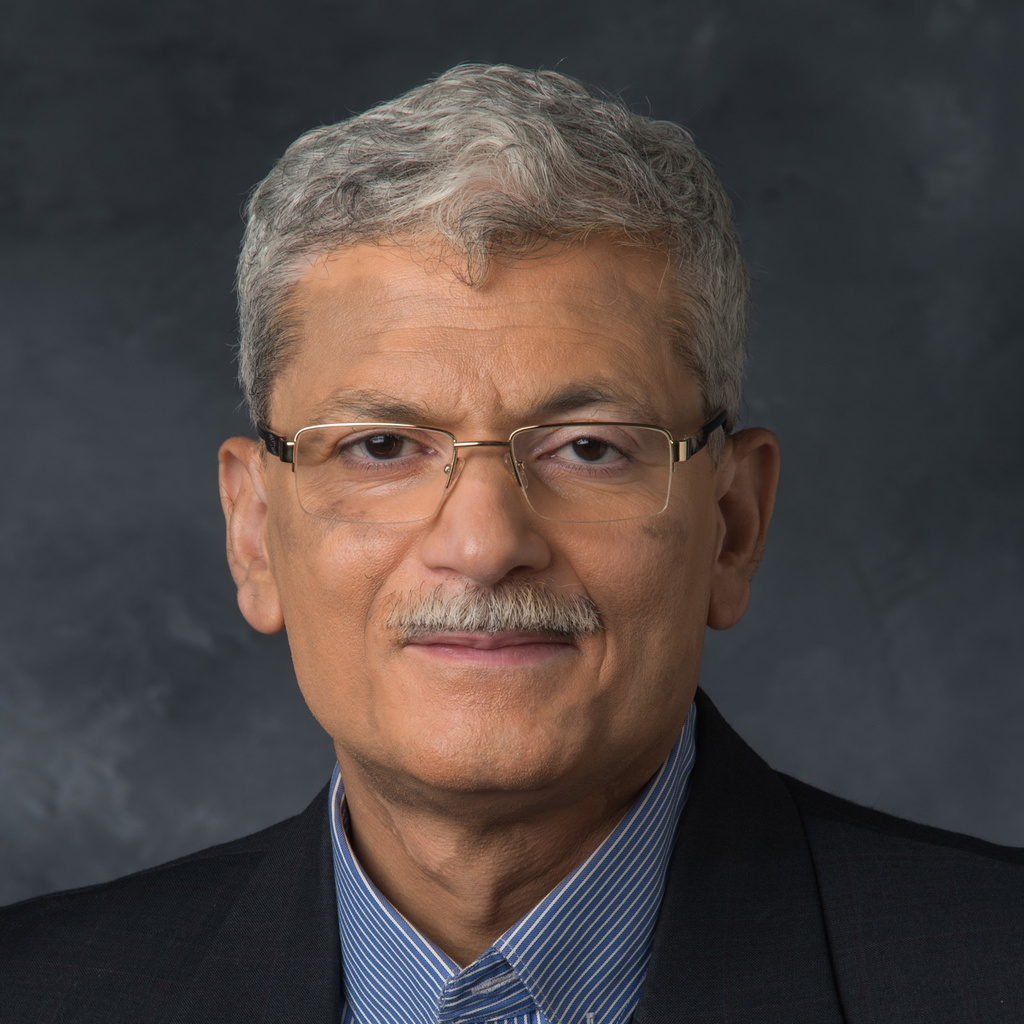
Jerry Anthony
Jerry Anthony is an Associate Professor at the School of Urban and Regional Planning at the University of Iowa. He teaches and researches in the areas of land use, growth management, housing and international planning. His article, “The effect of Florida’s Growth Management Act on housing affordability,” was named one of the most outstanding articles published in the Journal of the American Planning Association in 20 years. He has received the “Excellence in Planning Education” award from the Iowa chapter of the American Planning Association—the only educator in Iowa to be given this award in 20 years. In 2003, he co-founded a non-profit organization, Housing Trust Fund of Johnson County, to provide a new and flexible source of finance for affordable housing development Johnson County, Iowa. From 2004 onwards, this entity has provided over $8 million to help build 700 affordable homes. In 2019, he was honored with the Michael J. Brody award for Faculty Excellence in Service to the state by the University of Iowa. Jerry has a Ph.D. in Urban & Regional Planning, a Masters degree in Town Planning, and a Bachelor in Architecture.
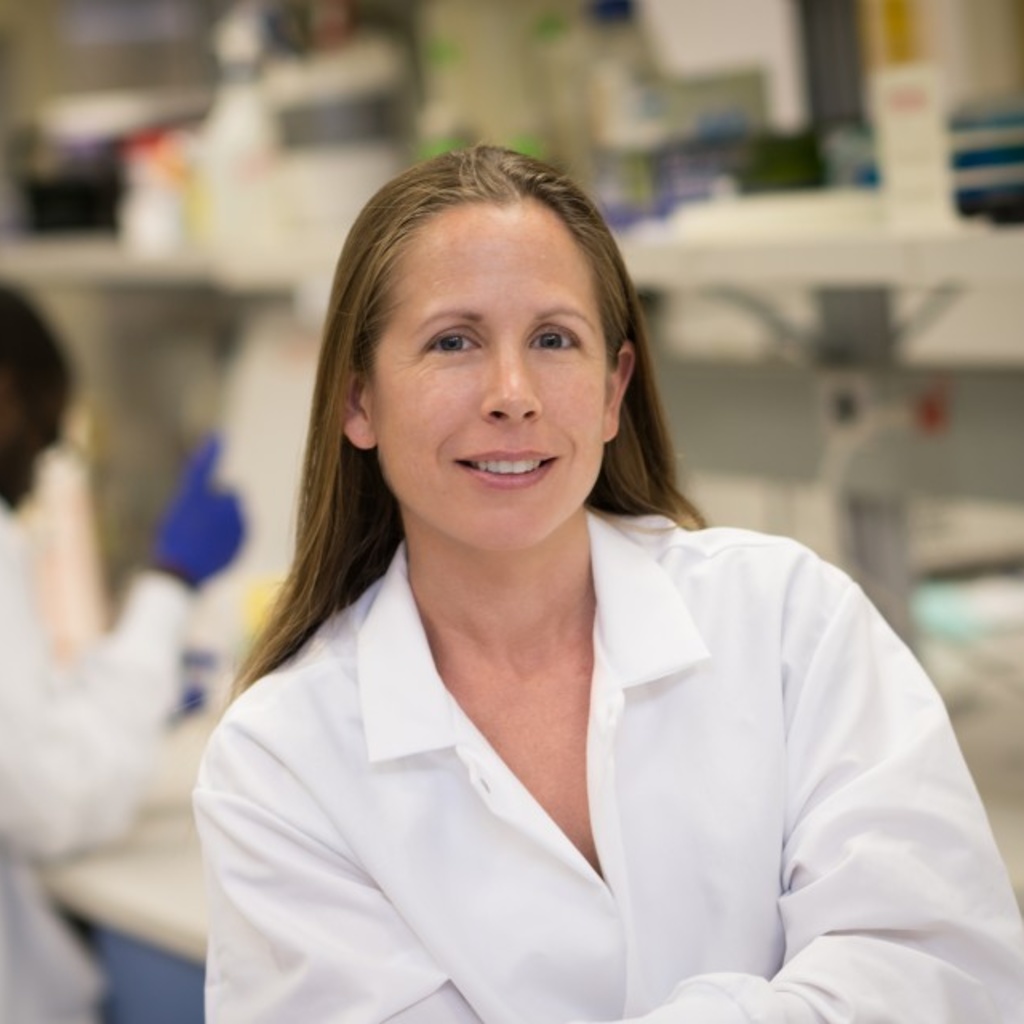
Kelly Baker
Kelly has a background in molecular miocrobiology and immunology, working with several interdisciplinary clusters around campus focused on water sanitation and sustainability. Her current studies explore not only the health effects of poor water and sanitation on maternal and child health, but also how environmental and social factors contribute to health risks. Baker’s projects include examining shared sanitation facilities, poor hygiene and dangers the behaviors among caretakers can create for children. Her team’s conceptual model proposes that poor sanitation increases the risk of reproductive tract infections, as well as adverse pregnancy outcomes through sanitation-related psychosocial stress and poor menstrual hygiene management.
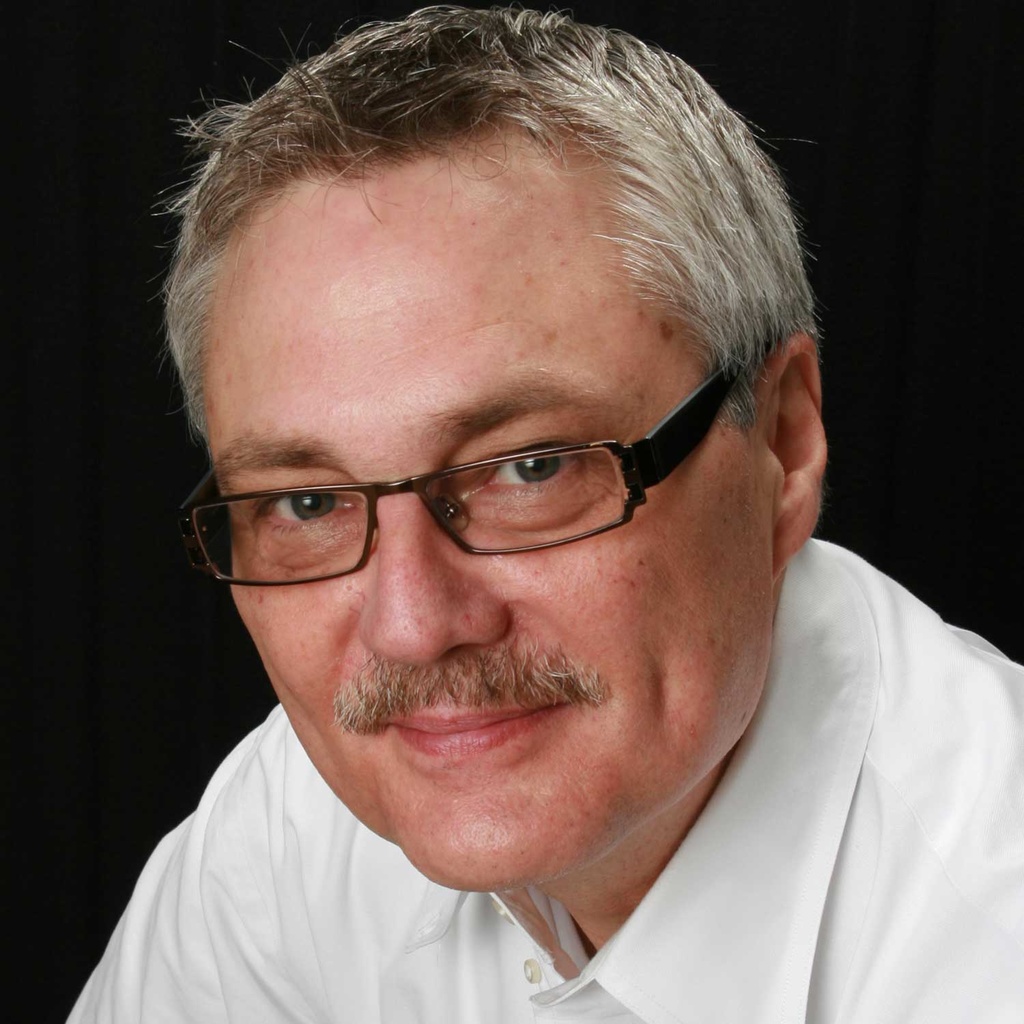
Richard Bogue
I embrace all expressions of human diversity and take the nature of human communication—the basis of our capacity for bridging divides—to be the primary distinguishing feature of our species. I embrace positive human interaction across boundaries, resulting in research and policy/guidance documents, as well as several poems and short stories. My dissertation research examined how opposite-sex married couples communicate “behavioral involvement” with their partners and with the opposite sex members of other couples. My subsequent scholarly and research interests include community collaboration, community health improvement, health care governance, shared governance (in academia and in nursing), and health professional wellbeing. I teach health system courses in University of Iowa’s College of Nursing, including U.S. health policy and politics using global reference points, financial management, communication and marketing, and collaboration across professions and sites of care. As Chair of the Research Committee for the Academy on Communication in Healthcare, I coordinate with the European Association of Communication in Healthcare and, recently, in planning for the International Conference on Communication in Healthcare.
My active interests in global matters began at 17 when I enlisted in the U.S. Air Force and then completed the 56-week Korean language program at the Defense Language Institute. While a PhD student at the University of Texas at Austin, I served as sole instructor of the International Business Communication course, comprised of international students, and, for two summers, taught English and U.S. Culture at La Universidad de las Americas in Cholula, Mexico. In Spanish, I conducted a Puerto Rican health systems’ governing board retreat, examined relations between a Panamanian hospital’s governance and its federal government, presented a keynote address at the Columbia Hospital Association Annual Meeting in Bogota, and presented research at a conference in Malaga, Spain. I served as lead-investigator for a World Bank-funded study on health care governance in four Latin-American nations. I have served as a Conversation Partner several times for international students at the University of Iowa. I am highly competent in English and Spanish, enjoy emerging competence in French, and can read Korean orthography but retained almost no competency in spoken Korean.
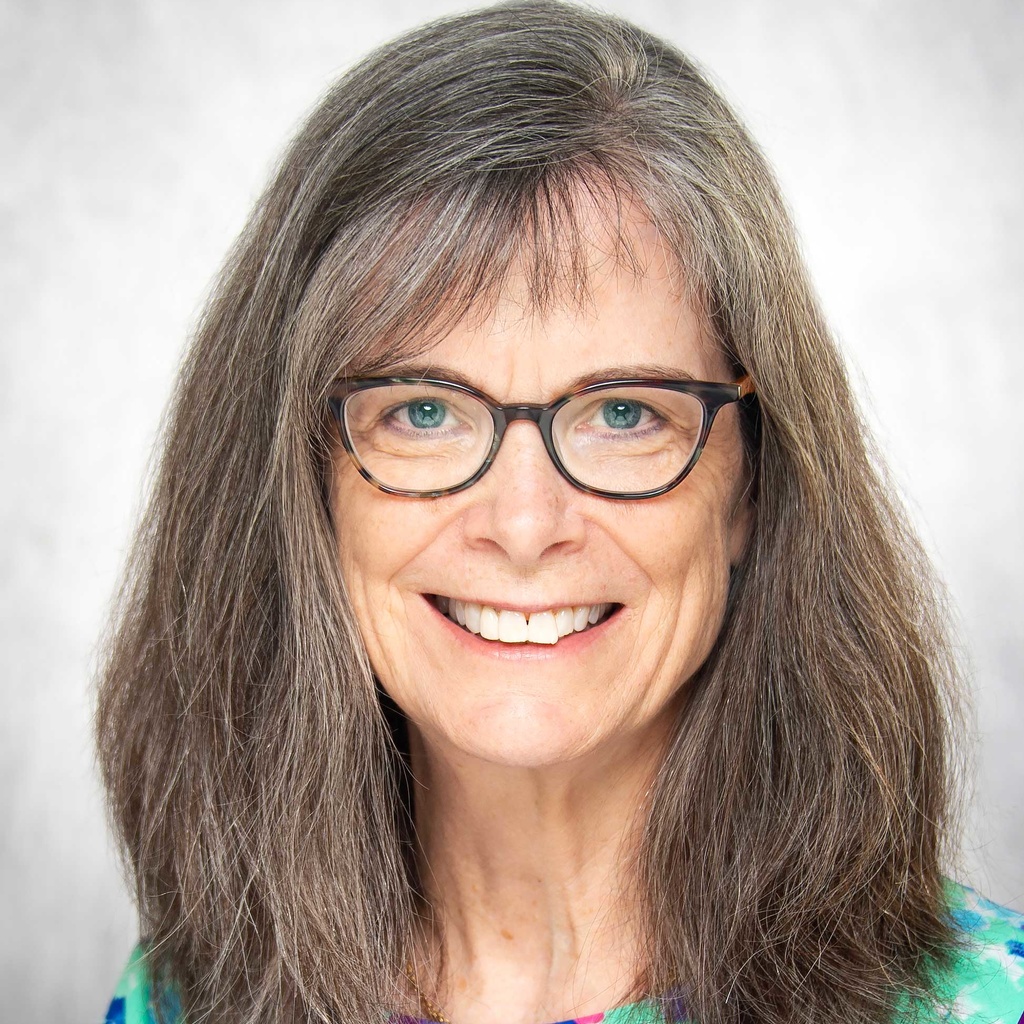
Ann Broderick
A palliative medicine physician, most of my career has been spent in developing programs in palliative care. I started to collaborate with Pallium India in 2016, taking UI students to see their innovative practices in the India Winterim program. During the remainder of the year, I volunteer remotely to support Pallium India in its educational, research and clinical efforts. I chair Pallium India Inc, which is an organization designed to support Pallium India in its efforts to reduce health related suffering.
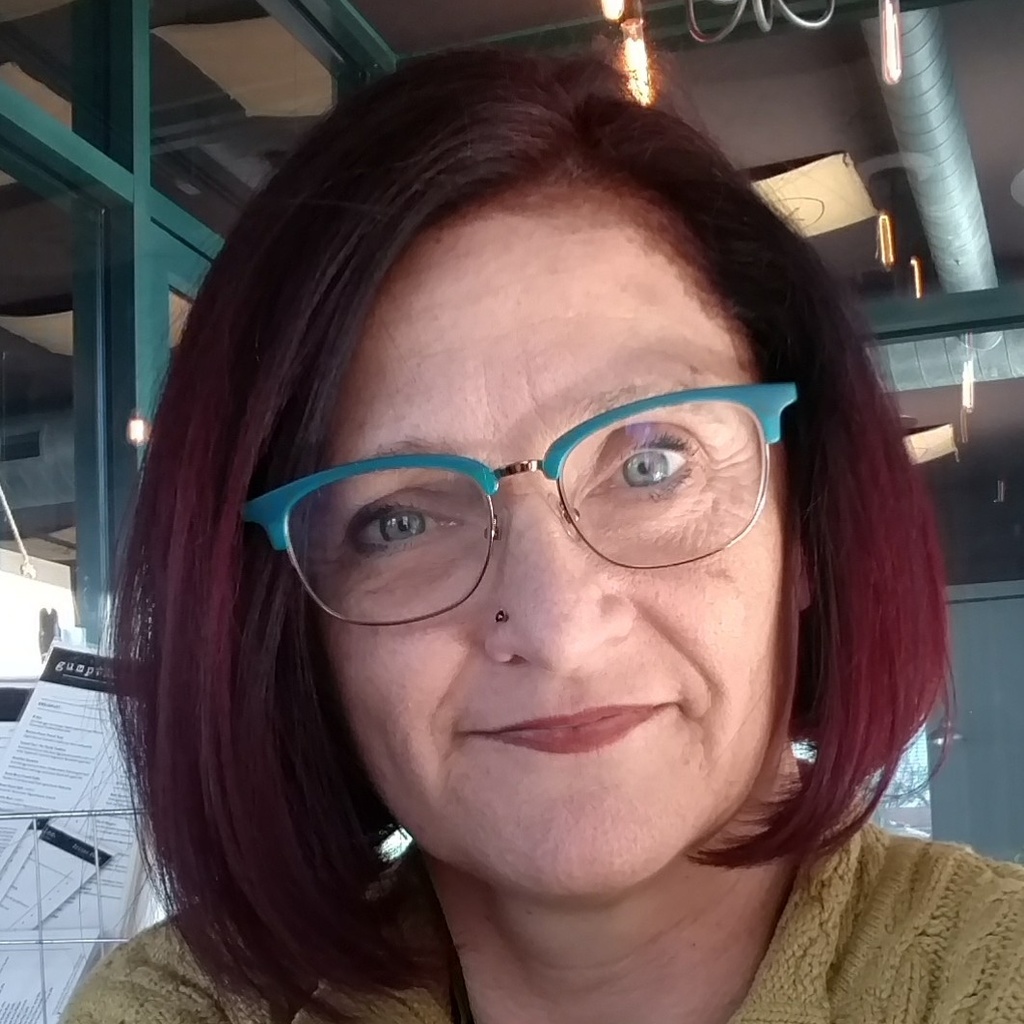
Christine Brunner Luse
With experience in both public health nursing and management consulting for health care organizations, I view global health through the lenses of one who knows health systems on a one on one basis, along with the lenses of understanding the many aspects of political and economic power. I am also interested in the use of emerging technology for low resource settings. I am currently the faculty advisor for the new student chapter of Doctors without Borders.
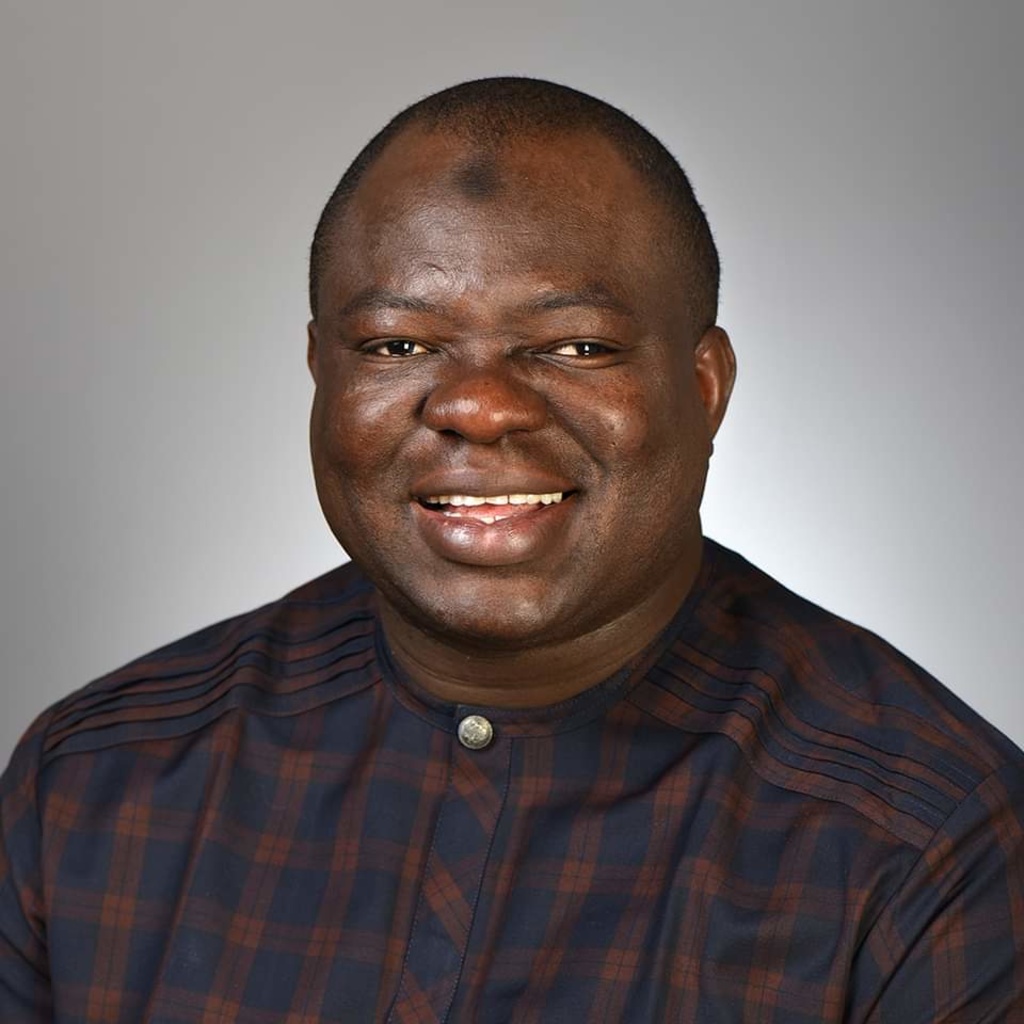
Azeez Butali
Dr. Azeez Butali is a Professor of Craniofacial Genetics and the Gilbert Lily endowed Professor of Diagnostic Sciences at the College of Dentistry, University of Iowa. He holds secondary appointments as Professor in the Department of Pediatrics at the Carver College of Medicine, University of Iowa, and the Iowa Institute for Human Genetics. As PI and Co-I on NIH and Private Foundation grant and has received multi-million dollars grant funding to support his research. He led AfriCRAN to publish the first genetic study for non-syndromic clefts in Africa, conduct the first Genome-Wide Association Studies (GWAS) for clefting in the African population and to conduct the first and second whole genome sequencing (WGS) for orofacial clefts in African population His lab discovered CTNNA2 and SULT2A as cleft palate candidate genes and AFDN as clefting gene through GWAS and WGS. He has published over 110 articles indexed in PubMed with an H-index of 29 in Google scholar (as of today) and presented over 220 abstracts at National and International meetings. Dr Butali is currently leading efforts to translate discovery to health and the prevention of oral, dental and craniofacial diseases.
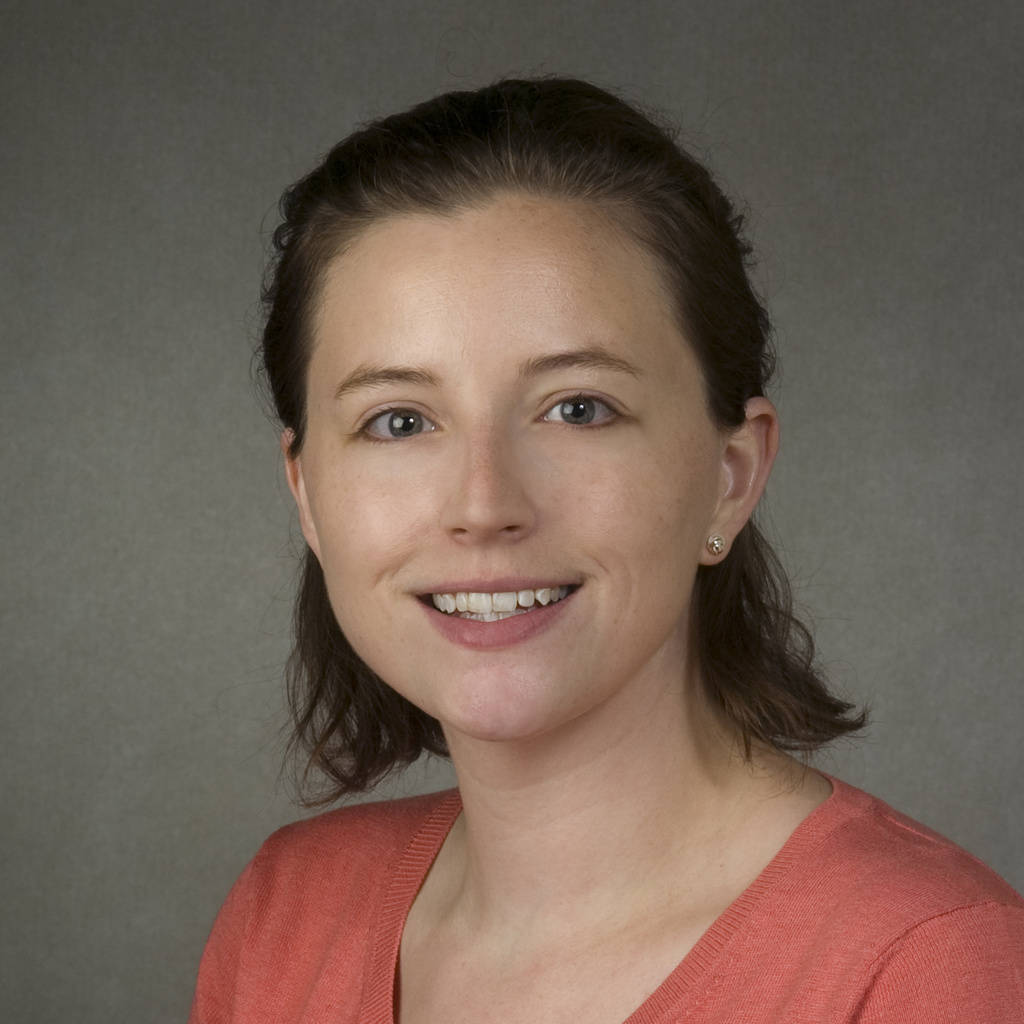
Margaret Carrel
My research centers on exploring geographic patterns of health and disease using GIS and spatial statistical techniques. I am interested in drug resistance, pathogenic evolution, exposure to natural hazards, the health impacts of agricultural production and other processes that result from human-environmental interactions.